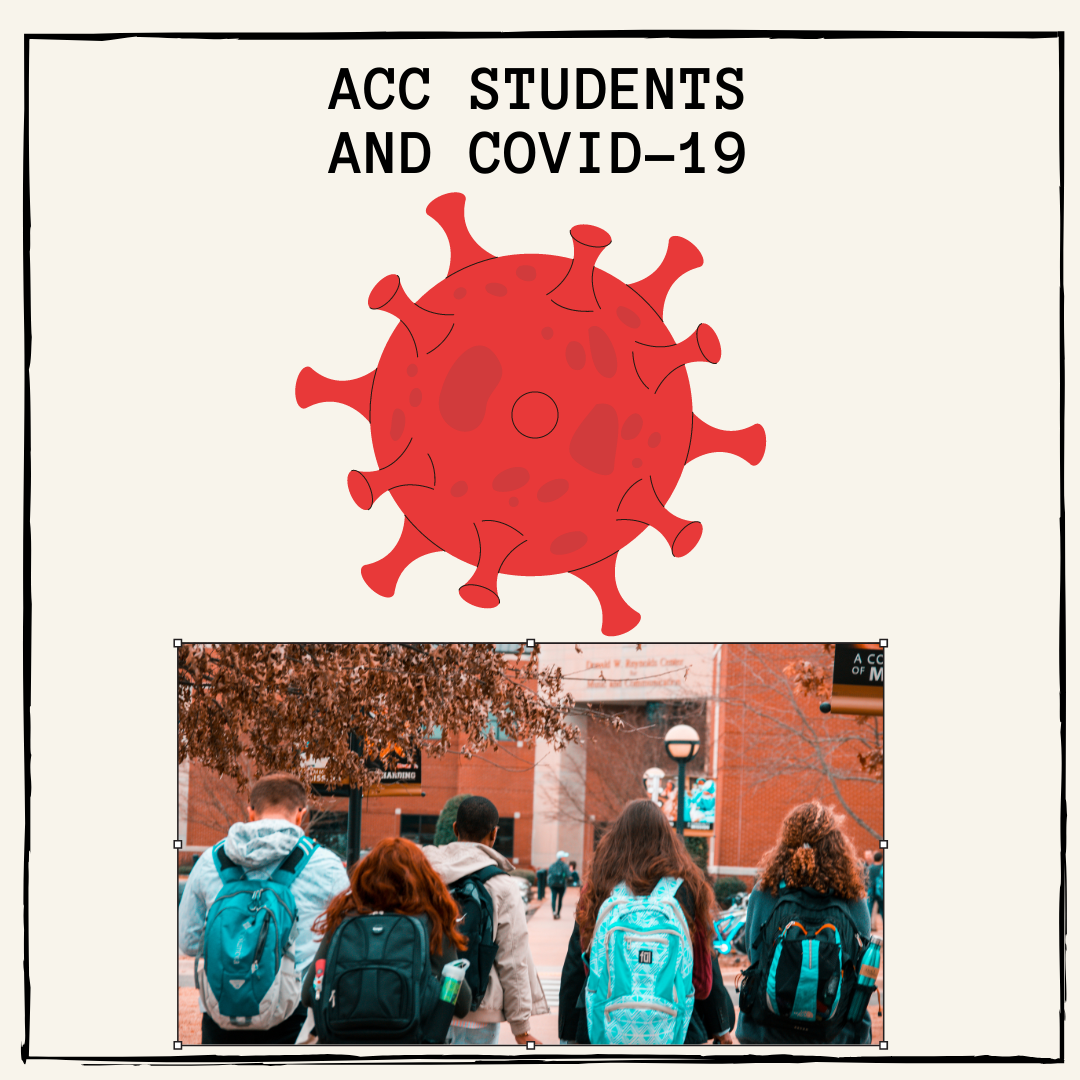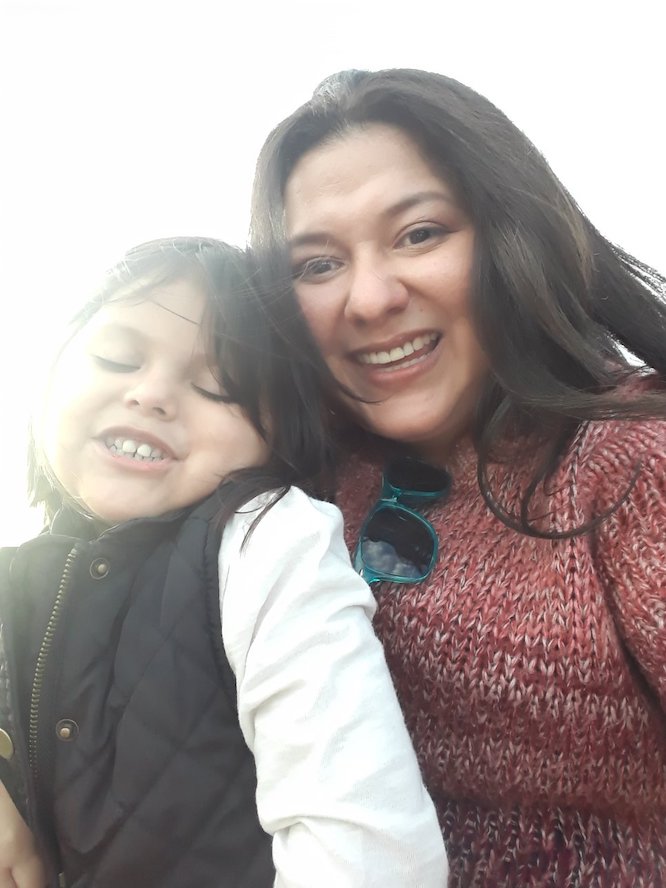Story by Duncan McIntyre
Edited by Pete Ramirez
We are all still living through one of the most significant periods in human history. Each person you encounter has likely experienced an unexpected change in their own story because of the COVID-19 pandemic.
The virus has affected each of us in a unique and perhaps fundamental way.
COVID-19 precautions have forced students and educators to adapt to a novel form of learning dominated by virtual meetings, webcams and Wi-Fi. Students who were already facing the challenges of higher education have had their decisions strained even more by COVID-19 and it’s ripple effects.
Whether it be financially, mentally, emotionally or even spiritually, the past couple of years have significantly affected us all and as a society we will be recovering from this for years to come.
A decade ago, Michelle McKown was a student at Austin Community College. Ten years later during the fall semester of 2019, McKown returned to complete her undergraduate psychology degree.
A few months later in March of 2020, ACC shut its doors to in-person learning for the first time and began the transition to online education.
“I started the semester before the world turned upside down,” McKown said.
We can all remember the beginning of quarantine where life became simpler and vastly more complicated all at once.
For some students, this time away from the hustle and bustle of the world allowed a moment to pause and reflect.
Andres Rodriguez, a high school student taking dual-credit courses at ACC, says he’s not the same person he was when the pandemic began. For some people, Rodriguez said, “it gave them an opportunity to reassess themselves, and figure out where they needed to go and what they needed to do.”
McKown also saw this as an opportunity to do some reassessing of her own.
“The pandemic forced a restart on me, so I wanted to take advantage of that and not waste this opportunity,” McKown said.
McKown’s restart included decisions on what and who to keep in her life, and what to change. These decisions affected her spirituality and sense of self.
“What all those choices boil down to is the fact that we, as human beings, are not good at letting go of things that are no longer what they once were,” McKown said.
The new COVID-19 world is a place of contrasts. In some ways it seems some good came out of this period of self-reflection. However, it is undeniable that many experienced great difficulties and losses as well.
Leslie Tejeda, a general studies student at ACC, said she experienced difficulties grasping the material in some classes due to the nature of online learning. Tejeda also said that she experienced, “a lot of isolation, I didn’t even go outside.”
Rodriguez says he is fortunate that he did not personally lose any family members because of the virus.
“I know a lot of people that lost family – aunts, uncles, grandparents,” Rodriguez said.
From elementary school to graduate university, students have also been learning to adapt to a changing educational environment. This has been easier for some compared to others.
Rodriguez is someone who found classes harder because of the switch to online learning.
“I took a couple classes online, it was alright, but some of them were more difficult because of their workload,” Rodriguez said. “The cameras in my opinion, aren’t as effective as in-person learning.”
Tejeda was in the same boat and said that not being able to go to class in-person made grasping the concepts taught in class difficult.
On the other hand, there are students, myself included, that think online learning was easier. McKown said that during the pandemic she discovered that she actually preferred taking classes online.
“I love the freedom that online asynchronous learning affords me,” McKown said. “Now I get to work on things in a way that works with my schedule, and I have to say that I really love it, which was a huge surprise for me.”
The past few years have been tough and the end of the pandemic has yet to be seen. We can’t forget that we are in this together.
McKown offered words of encouragement for those who may still be struggling.
“You are not struggling right now because you aren’t enough, things aren’t hard right now because you’re somehow not strong enough to handle it,” McKown said. “If things feel hard right now, it’s because they’re hard… We have to be kinder to ourselves.”
ACC offers mental health resources to any students who need them. Students can find them at https://www.austincc.edu/students/mental-health-counseling. If you need more immediate help, you can call 512-472-HELP (4357)





